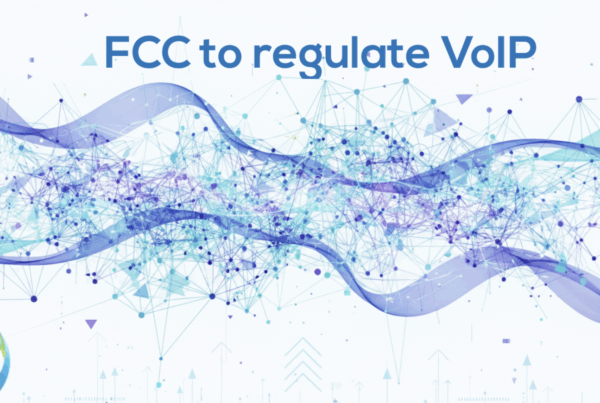Trust in the mobile world is shifting fast. Director of Programmes Nick Rossman shares key takeaways from MEF’s 11th Annual Trust Study, revealing a more engaged but cautious mobile user: confidence is growing, but so are concerns about data misuse and digital harm. As mobile activity surges, businesses must balance innovation with transparency, putting trust at the center of user engagement in today’s evolving ecosystem.
Trust in the mobile ecosystem is undergoing a significant transformation. That’s the key takeaway from the Mobile Ecosystem Forum’s (MEF) 11th Annual Trust Study, published in May 2025. Titled “The Fundamental Reshaping of Trust,” this year’s report reveals a dynamic landscape where users are more engaged with mobile services than ever before, yet increasingly cautious about their data and online security.

The study paints a complex picture. On one hand, the Global Trust Index has seen a notable increase, rising to 60% (+5 points for consistent markets). This suggests a growing confidence in the data-sharing ecosystem, particularly in emerging economies where the Trust Index is higher compared to advanced and developed markets. This positive trend indicates that efforts by organizations to educate users and provide data protection options are being recognized.
For companies operating in the mobile space, the message is clear: trust and relevance are paramount for engaging with users. Users prefer to be contacted via email, WhatsApp, or text. To build and maintain trust, organizations must prioritize transparency, clear communication, and demonstrate that they are acting in the user’s best interest. ”
However, this increased trust doesn’t mean users are letting their guard down. The report highlights that users are “more willing but more wary”. Concerns about data sharing remain prevalent and have even increased this year. A striking seven out of ten mobile users globally are concerned about the amount of data collected about them and actively try to avoid sharing personal information online.
Compounding these concerns is a significant rise in data harms. Unsolicited messages and calls, along with fraudulent texts and emails, have reached all-time highs, impacting half of all mobile users. These negative experiences fuel user anxiety and reinforce the need for greater data protection.
In response, users are becoming more proactive in managing their digital footprint. The study shows that users are paying more attention when sharing data, with increased instances of rejecting apps due to mistrust, scrutinizing privacy policies, and using tools to protect their data. Changing mobile privacy settings and clearing cookies remain the most common user-initiated actions.
The evolving data environment is also driving increased interest in regulation. Users are expressing a greater desire for regulation in several key areas, with preventing harmful content online and ensuring age restrictions being top priorities. Regulating misleading advertising and the growing power of Artificial Intelligence and big tech companies are also significant concerns.
Despite the security concerns, mobile activity continues to surge. The study observed sharp increases in the use of mobile phones for a wide range of activities, from social media and entertainment to accessing banking and financial services and ordering food delivery.
Mobile payments are also becoming more widespread, with digital wallets emerging as the preferred and most trusted method. They are perceived as both fast, convenient, and safe and secure. Nevertheless, fears surrounding mobile payments are also on the rise, particularly concerns about payment details being stolen and unauthorized future payments.
For companies operating in the mobile space, the message is clear: trust and relevance are paramount for engaging with users. Users prefer to be contacted via email, WhatsApp, or text. To build and maintain trust, organizations must prioritize transparency, clear communication, and demonstrate that they are acting in the user’s best interest.
As Dario Betti, CEO of MEF, states, “The 11th Annual Trust Study reveals a complex but ultimately more engaged mobile user. While trust is increasing in some areas, users are also more aware of the risks and are demanding greater transparency and control over their data. This presents both challenges and opportunities for the mobile ecosystem. Organizations that prioritize trust, transparency, and user empowerment will be best positioned to succeed in this evolving landscape.”
The mobile ecosystem is constantly evolving, and understanding the user’s perception of trust is critical for sustainable growth. The MEF 11th Annual Trust Study provides valuable insights for businesses navigating this dynamic environment.
To download the study visit the download page. The full report and survey data sets are available for MEF members.
Uncover the Shifting Landscape of Trust in the Mobile Ecosystem
The digital world is constantly evolving, and with it, the dynamics of trust. The MEF 11th Annual Trust Study 2025 offers a deep dive into how user perceptions are changing and what this means for the future of mobile interactions. Based on a survey of over 11,000 smartphone users across 17 markets, this report reveals a fundamental reshaping of trust.
Download the full report today and gain a competitive edge by understanding user attitudes, concerns, and priorities.






